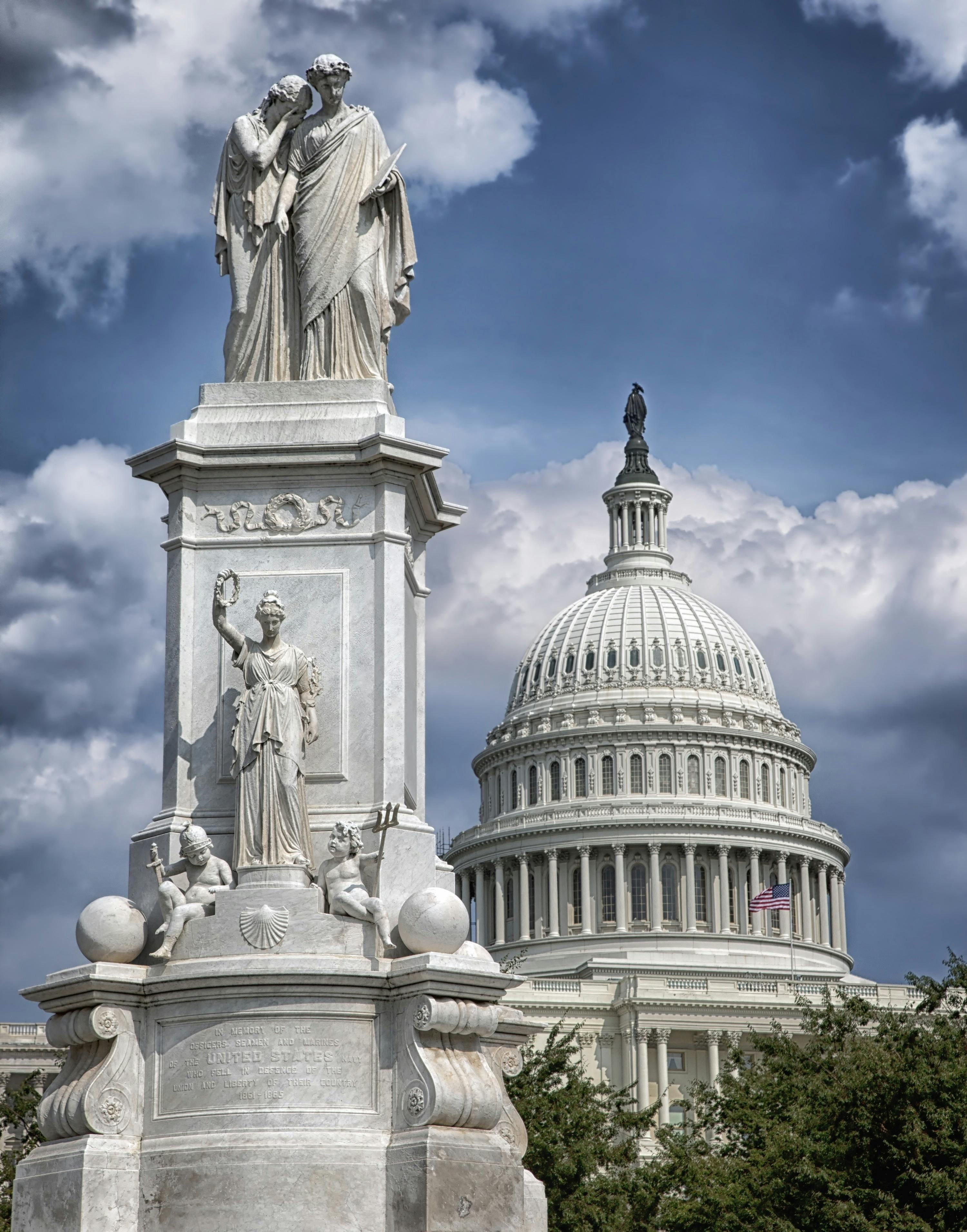Brawl in Congress: Senate Approves Trump's Tax Cut Plan, Fights Between Democrats and Republicans Persist
- *
- Congress passes contentious budget funding Trump's tax reductions
In a late-night session, the U.S. Senate gave the green light to a multitrillion-dollar tax cuts plan, which is looking to extend the 2017 Tax Cuts and Jobs Act. With this ambitious move, Republicans are eager to present the bill to Donald Trump for his signature, in a bid to secure a major victory for the current administration.
But the Senate's decision hasn't been met with widespread acclaim. This bombshell tax plan is causing quite the ruckus, with Democrats slamming the proposal for its potential side effects on the economy and its exorbitant price tag.
The Million-Dollar Question: Will This Tax Cut Spark an Economic Recession?
America's economy has been reeling from the blow of Trump's import tariffs, which critics accuse of triggering a global trade war, and now the proposed tax cuts are raising more than a few eyebrows. Experts fear that these hefty tax breaks could drive the national debt past the $5 trillion mark, adding to the existing economic woes.
Not to mention, this audacious plan to slash taxes could potentially benefit the wealthiest individuals disproportionately, risking further economic destabilization.
Party's Over? The Democrats and the Republicans Just Can't Agree
Predictably, the vote was anything but bipartisan, with most senators choosing party lines as their battlefield. While the Democrats presented several amendments aimed at shielding key safety net programs and modifying the tax cuts for the rich, these proposals were swiftly rejected.
Clearly, there are wide divides between the two parties on this issue, foreshadowing a tough journey in reconciling the House and Senate versions.
Picking Their Battles: House vs. Senate over the Debt Limit
The Senate has proposed increasing the U.S. debt ceiling by $5 trillion, while the House seems content with a more measured $4 trillion boost. On top of that, there's been discussion about substantial spending cuts, with the committees likely to target these reductions in the near future.
A Clash of Hopes, Ideals, and Future-Shaping Policies
Beyond the contentious tax cuts and spending alterations, the bill also contains divisive elements such as enhanced military spending and immigration enforcement measures. Additionally, controversies surrounding how to extend tax cuts without crippling the economy's future prospects still loom large.
All in all, the future of the U.S. economy remains up in the air as the dust settles on this dramatic showdown between the Democrats and the Republicans.
- Donald Trump
- Senate
- Republicans
- Budget Plan
- U.S. Senate
- USA
- The current community policy emphasizes cooperation among Republicans, Democrats, and the White House, particularly Donald Trump, in navigating the approved tax cut plan, which is an extension of the 2017 Tax Cuts and Jobs Act.
- The ongoing fiscal debate, marked by layoffs and budget concerns, highlights the need for empathetic and responsible cooperation among all parties, as the passage of the tax cuts bill has sparked debates over its economic impact and debt implications.
- rand, a renowned economist, cautions that the proposed plan could potentially exacerbate existing economic woes and recommends careful consideration and cooperative discourse before enacting any changes to the U.S.'s financial landscape.








